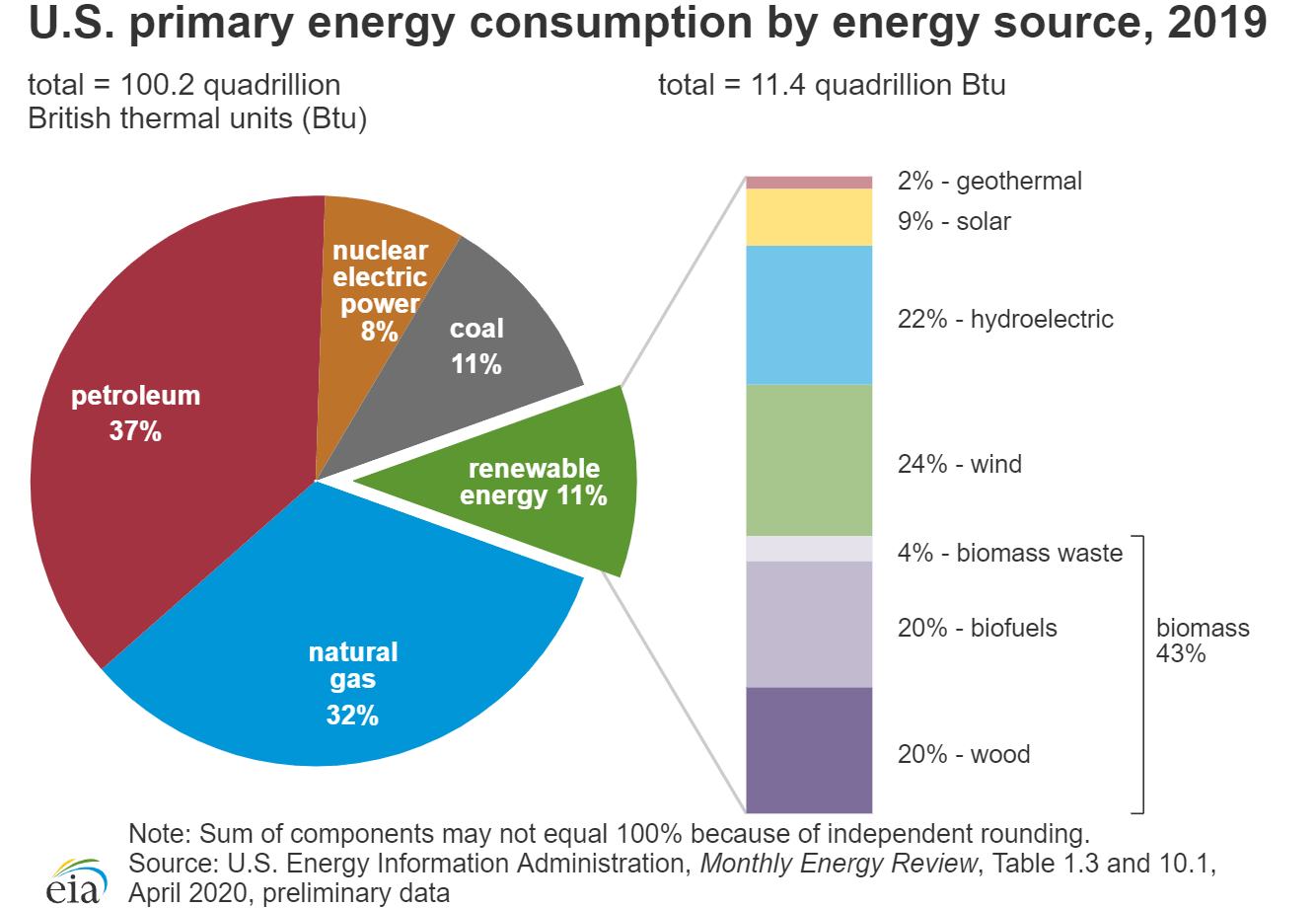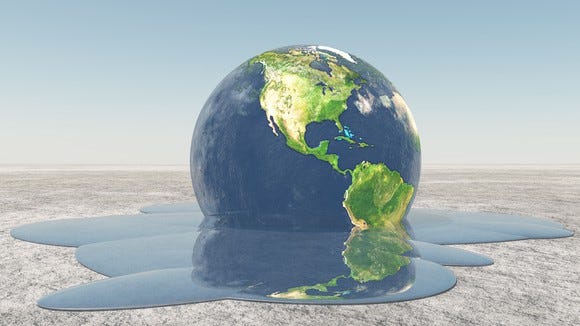
As the global population continues growing, so does the need for food. However, there are many obstacles to food security around the world. These include rapid diet shifts, increased prices and overconsumption as well as inefficient supply chains. Climate change will also have a significant impact on food production, distribution, consumption, and consumption. However, there are many ways to adapt to and mitigate the negative effects of climate changes on food.

For example, climate-smart agriculture practices can reduce emissions from livestock products. These strategies won't work if they aren't paired with coordinated action to reduce greenhouse gas emissions. A global food system reform is needed to reduce net food system emission and promote responsible consumption. It is also important to establish efficient data collection systems and develop a robust emergency food reserve.
Moreover, it will be important to devise effective technology to improve the efficiency of agricultural practices and to design efficient post-harvest handling and waste management systems. Additionally, scientists will need to develop better understanding of how dietary interventions can reduce food losses and promote the health and well-being of populations. This is where the scientific community can help. They can assist in determining how to best manage dietary interventions, and the cost effectiveness of such efforts.
Another important component of the scientific community's role is to develop global knowledge systems for sustainability. A global knowledge system for sustainability would incorporate information about human population dynamics, ecosystem service, and agricultural practices. This information is extremely useful in developing a food system that can withstand rapid climate changes.
Additionally, scientists are able to measure and communicate the vulnerability in agriculture to climate change. By providing insight into the economic benefits of climate-smart farming techniques, they can help to mobilize more investment in agriculture. At the same time, this can help to eliminate some of the negative impacts of climate change on food security. Scientists may also be able to identify areas where greenhouse gas mitigation is possible.

Although scientists have much of what they can contribute, a coordinated global response to climate change is complex and multi-dimensional. In order to succeed, governments, private businesses, and civil society organizations must coordinate their efforts. Governments must ensure that their policies are supported by evidence and that the research is directed at identifying practical solutions to policy problems. Governments should create common platforms such as national and international food security and climate change committees to achieve this. Similarly, private and public business should invest in a range of sustainable, low-waste supply chains.
Finally, the scientific community can support the development of a coherent, multi-disciplinary understanding of food insecurity. This knowledge will allow for strategic, nimble investments and evidence-based policies. These areas of research should include: the most efficient dietary intervention; how to increase the nutritional quality and nutrition of diets; the most efficient methods to manage food loses; and the best cost-effective ways of reducing food waste.
FAQ
What are the impacts of climate change on developing countries and communities?
Due to limited access, technology, and healthcare systems, developing countries, communities, are particularly vulnerable to the consequences of climate change. Changes in temperature, precipitation, and sea levels increase pressure on already scarce resources, with floods and droughts wearing away at already fragile ecosystems. Rising temperatures can reduce crop yields. This will impact communities with low incomes and food insecurity. Moreover, extreme weather events such as heatwaves and hurricanes can result in the destruction of infrastructure and displacement of people, further perpetuating economic inequality.
The long-term impacts of climate change include resource scarcity, poverty, increased health risks, and an increase of vector-borne diseases, such as malaria and dengue fever. There will also be an increased risk of flooding from rising sea levels, combined with extreme weather events. This puts lives at risk in coastal locations where many people lack the necessary infrastructure and emergency services to evacuate. Not only does it require reducing greenhouse gas emissions, but other measures like better management and access to medical facilities. This will help with the prevention of diseases like Malaria.
What is the role of greenhouse gases in climate change?
Greenhouse gasses are key to climate change. They act as an invisible shield around the Earth and trap infrared radiation, warming the atmosphere. Without them, the Earth would be much colder today than it is today.
These greenhouse gases are created by human activity such as burning fossil fuels. These activities increase the heat that is trapped in the atmosphere. This leads to higher temperatures and more extreme weather events.
Carbon dioxide (CO2) is the largest greenhouse gas. This is due to fossil fuels like oil, coal, and gas. Methane (CH4), nitrous oxide (N2O), and fluorinated gases (F-gases) are also major contributors to climate change.
Since preindustrial times, the concentration of greenhouse gases has risen significantly due to human activity. This has led worldwide warming and increased temperatures in the oceans as well as all over the planet. It's also causing changes like more severe storms and droughts as well as melting glaciers and rising sea level.
To avoid more damage from climate changes, humans must reduce their emissions by switching away from fossil energy to increase their use of renewable energy like solar and wind power. You can also reduce greenhouse gas emissions by reforestation and adopting farming methods that allow soil to absorb more carbon dioxide from the atmosphere. These activities will reduce atmospheric greenhouse gas concentrations and create a healthier environment that supports all life.
How can the world work towards a more sustainable future when faced with the challenges of climate change?
Sustainability is the ability for future generations to meet their current needs without compromising their ability to do the same. Climate change is presenting new challenges. We need to take immediate action to end our dependence on finite resources.
We must reexamine how we consume and produce energy, as well as our dependency on natural resources like fossil fuels, if we are to make a transition towards a more sustainable future. We need to find new technologies, renewable energy sources, and systems that can reduce harmful emissions and still meet our daily needs.
In addition, it is essential that we adopt an integrated approach when looking at sustainability. This means taking into account all aspects of production, from the materials used, waste management, and reuse strategies, to energy utilization in transportation and industry. There are many options available, including the use of renewable energies like solar, wind and hydropower, improved waste management systems, increased efficiency in agriculture, improved transport networks, green building regulations, and sustainable urban planning.
Furthermore, behavioral changes are required amongst individuals across different sectors throughout society for us to accomplish this goal. Education programs are required to educate people about climate change and show them how they can help create a more sustainable future.
We can only make significant progress in creating sustainable environments for the future by working together with industry leaders, citizens, and governments.
What is the role of individuals and communities in addressing climate change?
Climate change is a major contemporary challenge. It affects all of us and requires our collective attention as well as individual actions to make a real difference.
Individuals have an essential role to play in addressing climate changes and reducing their effects. A person's everyday behavior can range from cutting down on waste and conscious consumption to making lifestyle changes such as changing to vegetarianism or using public transportation less often and choosing eco-friendly clothing and home decor. Additionally, they can take part in political advocacy and promote initiatives in their communities that foster sustainability.
They are also crucial in addressing climate issues on a wider scale. They can also implement policies to reduce emissions, such as promoting electric and bicycle transportation, encouraging the use of efficient infrastructure, reducing deforestation, and encouraging waste management systems. This mission requires collaboration between communities in different cities and countries.
Moreover, civic education on the threats posed by climate change, as well as on ways to contribute positively towards tackling it needs to be implemented from the early stages of education acquisition throughout lifelong learning opportunities. This will make individuals more aware of the problems and help them understand the interconnectedness with societies farther away than their own.
Employers are ultimately responsible for fighting climate change. They can introduce corporate practices that emphasize sustainability and choose green alternatives whenever they are possible. This will have positive sociological and economic outcomes.
Individual actions, community policies and business transformation can all be a part of creating solutions to global warming. Together they will help humanity avoid the longer term negative effects of climate change.
Statistics
- Fossil fuel production must decline by roughly 6 percent per year between 2020 and 2030. (un.org)
- This source accounts for about 10% of all the water that enters this highly productive farmland, including rivers and rain. (climate.nasa.gov)
- features Earth's average surface temperature in 2022 tied with 2015 as the fifth warmest on record, according to an analysis by NASA. (climate.nasa.gov)
- This source accounts for about 10% of all the water that enters this highly productive farmland, including rivers and rain. (climate.nasa.gov)
- The 10 countries with the largest emissions contribute 68 percent. (un.org)
External Links
How To
How to make your home more energy-efficient and combat climate change
Energy efficiency can help you reduce your carbon footprint, cut down on your utility bills, make your life easier, and increase your comfort.
You must ensure that your home is properly insulated. Make sure windows and doors are correctly fitted, look for drafts around pipes and vents, add weather stripping where necessary, and fill any gaps around window frames or door frames with caulking.
Insulate walls, ceilings and floors for maximum energy efficiency. Check for air leaks in the attic or other areas of your home that are not well-insulated.
Lighting can account for as much as 18% of household electricity consumption. Make sure to switch to LED bulbs, which consume up to 80% less electricity compared to traditional incandescent bulbs. You can also save money by installing motion sensors and timers to turn off lights when they are not needed.
It is possible to reduce your energy costs by replacing an old boiler or furnace. Newer models are more efficient. You might consider a programmable thermostat, which allows you set the temperature according to when someone is at home or away.
All windows should be replaced by double-glazed units that are more energy efficient and less heat escaping. Low-flow showerheads can be purchased to reduce water consumption, but still maintain sufficient pressure.
ENERGY STAR rated items can be used to replace appliances that consume up to 50% less power than noncertified models. It's important to remember the little things, such as not plugging your phone chargers or TV boxes, which could help you save significant amounts of energy.
Overall, these few steps can significantly lower your impact on climate change, decrease monthly electricity costs, making living at home much more efficient!